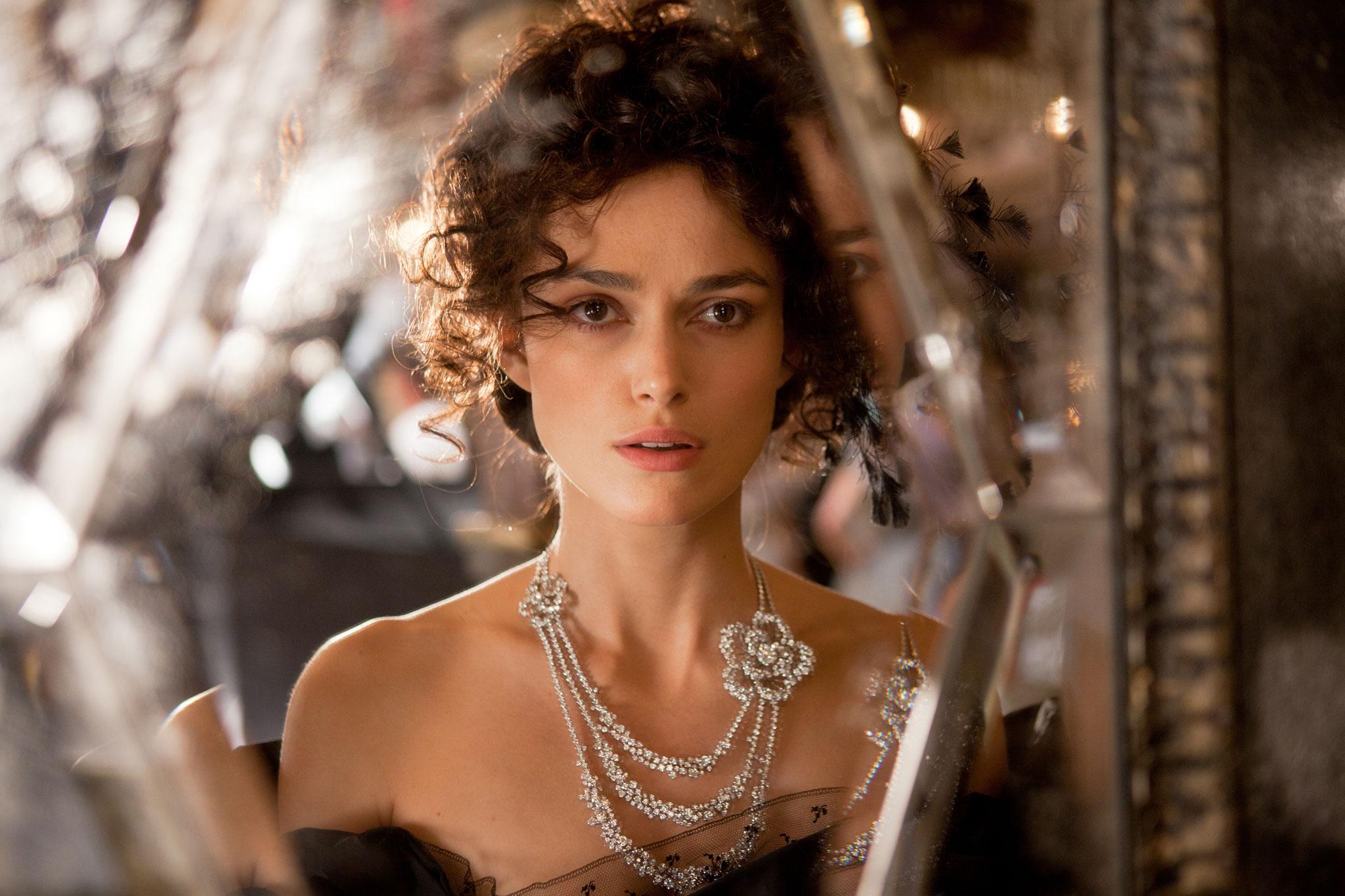Anna Karenina by Leo Tolstoy, book of a lifetime: Love goes hand in hand with deep suffering

Your support helps us to tell the story
From reproductive rights to climate change to Big Tech, The Independent is on the ground when the story is developing. Whether it's investigating the financials of Elon Musk's pro-Trump PAC or producing our latest documentary, 'The A Word', which shines a light on the American women fighting for reproductive rights, we know how important it is to parse out the facts from the messaging.
At such a critical moment in US history, we need reporters on the ground. Your donation allows us to keep sending journalists to speak to both sides of the story.
The Independent is trusted by Americans across the entire political spectrum. And unlike many other quality news outlets, we choose not to lock Americans out of our reporting and analysis with paywalls. We believe quality journalism should be available to everyone, paid for by those who can afford it.
Your support makes all the difference.Anna Karenina was my first experience of Tolstoy and it struck deep. Looking back, it was like falling in love, as though I'd always been searching for this experience. The book lived in me, through me.
It is full of society, the foibles of people, their small-mindedness; captivating moments such as Oblonksy's drunken reverie of the decanters as tiny sensual women; the details of Anna's marriage; Levin's heart-breaking honour and goodness, his acceptance of compromise, but at its heart there is only one thing: love. How to have it, rest in it, understand it; how it goes hand in hand with deep suffering.
I'd never read Russian literature before and was astonished by the scope of this story of a woman who kills herself for love. The two chapters leading to Anna's suicide under the train are breathtaking. She hates the lack of truth and love in everyone around her. The depth and humanity of her torment remains one of the most moving things I've ever read.
Tolstoy himself was engaged in a tormented search for pure love. He and his wife agreed to reveal their innermost thoughts, read each other's diaries, hold nothing back, in the attempt to achieve an unadulterated connection. But in the end, like Anna, he couldn't make the world a coherent whole through personal attachment. He left his home, wandering from place to place, seeking intimacy not with a woman, but with all things and all time.
I was 20 when I first read Anna Karenina, and it inspired one of my first pieces of theatre writing, SEX III. I felt impelled to embody the book, become it, make it part of me, like a lover. I wove a tapestry of characters and images. I walked very slowly in a long coat in front of the audience, pulling a copy of the novel on a string behind me. I was trying to capture something intangible, my reverence for it, my awe. I played Anna, and Vronsky, half my face painted with a moustache for Vronsky. I killed myself, running onto the top of a piano like a railway bridge and throwing myself onto ropes, falling, reciting "she... threw herself forward on her hands under the truck... She wished to rise but something huge and relentless struck her on the head and dragged her down. God forgive me everything!"
Emily Woof's 'The Lightning Tree' is published by Faber
Join our commenting forum
Join thought-provoking conversations, follow other Independent readers and see their replies
Comments